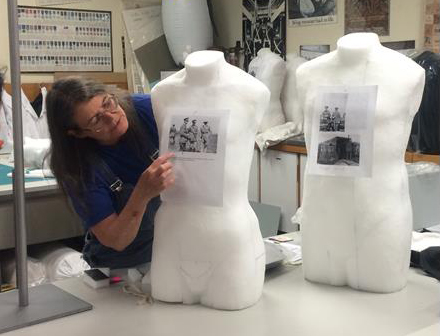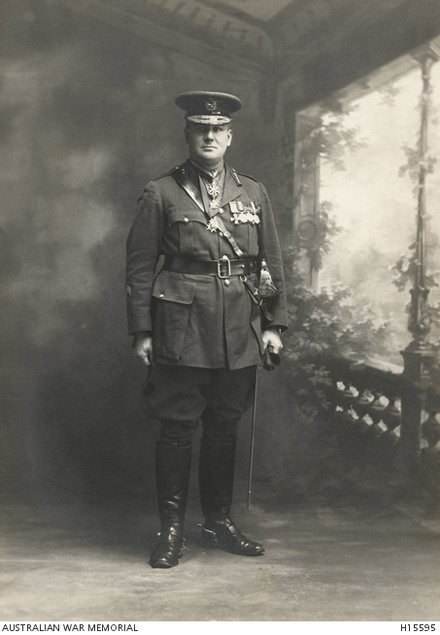In the lead-up to the commemoration of WWI anniversaries, Australia's focus on the Gallipoli Landing is shifting to the battlefields of the Western Front, and the Australian War Memorial's public diplomacy efforts in France include lending historic items to European museums.
Australian Prime Minister Tony Abbott's visit to the WWI memorial in the French village of Villers-Bretonneux, where Australian forces retook a part of the Western Front from Germany, will help broaden Australians' knowledge of the war.
The Australian War Memorial conservation teams have been hard at work preparing historic items; some will be lent to museums in rural France. Prime Minister Tony Abbott recently announced that a permanent interpretive centre will be launched near the Western Front site in 2018.
Old and fragile items, such as a tiny leather boot, and an old rosary retrieved from a mass grave, are prepared with reverence and care. The conservators' work includes researching and developing new ways to safely transport the items, which may in some cases be unpacked in a small institution, without a qualified conservator present.
Visitors to the conservation area discover that conserving and displaying 100-year-old uniforms involves disciplines besides textile expertise. Clare Martin is a sculptor, and she uses historic photographs, and uniform measurements, to create mannequins for the War Memorial's collection of uniforms that will accurately reflect the bodies of famous soldiers, and evoke memories of the real thing.
"Hanging a tunic from a coathanger, or a shop-window mannequin, simply won't recreate the personality and presence of a war hero," says Clare. "It's painstaking, but it's worth investing resources into making these individual sculptures."
Clare is pictured finalising the mannequins for war heroes Major General Edward "Pompey" Elliott (r) and General Sir Harry Chauvel. The legendary Pompey, pictured here in dress, was wounded at Gallipoli and went on to lead a decisive counter-attack at Villers Bretonneux in September 1918, credited with holding a German advance.
Pompey returned a hero, and represented the state of Victoria as a Senator, but he suffered post-traumatic stress disorder and his life ended tragically with his suicide.


